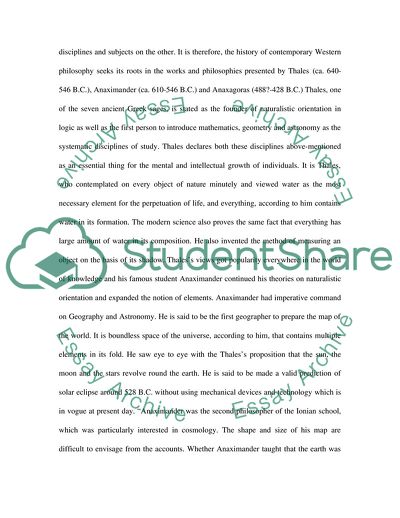Cite this document
(Greek Cultural Contributions Essay Example | Topics and Well Written Essays - 2250 words, n.d.)
Greek Cultural Contributions Essay Example | Topics and Well Written Essays - 2250 words. https://studentshare.org/culture/1714568-greek-cultural-contributions
Greek Cultural Contributions Essay Example | Topics and Well Written Essays - 2250 words. https://studentshare.org/culture/1714568-greek-cultural-contributions
(Greek Cultural Contributions Essay Example | Topics and Well Written Essays - 2250 Words)
Greek Cultural Contributions Essay Example | Topics and Well Written Essays - 2250 Words. https://studentshare.org/culture/1714568-greek-cultural-contributions.
Greek Cultural Contributions Essay Example | Topics and Well Written Essays - 2250 Words. https://studentshare.org/culture/1714568-greek-cultural-contributions.
“Greek Cultural Contributions Essay Example | Topics and Well Written Essays - 2250 Words”. https://studentshare.org/culture/1714568-greek-cultural-contributions.


